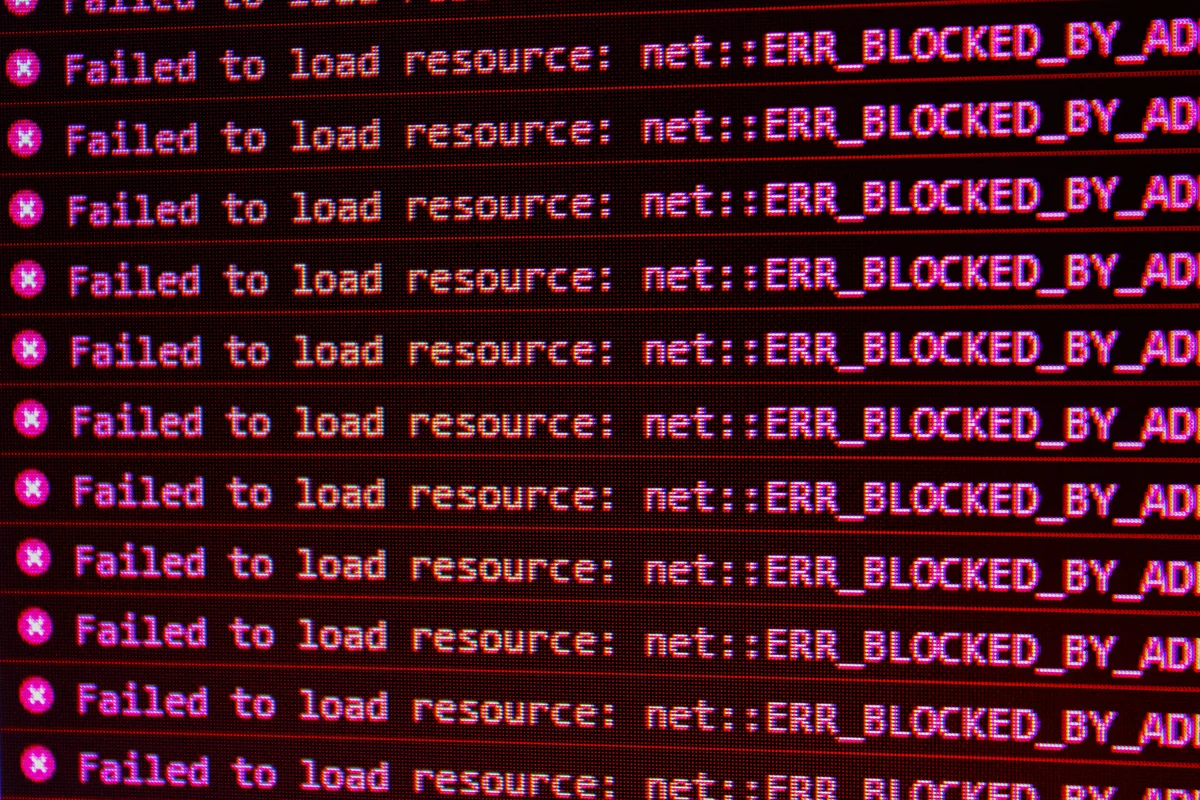Getting the Error “Failed to Build Gem Native Extension” After Installing CocoaPods?
If you receive this error, you’ve likely encountered a problem with Ruby. Xcode can’t compile the gem native extension. The CC, CPP, or CXX environment variables are likely interfering with the build process. To fix this problem, follow the steps outlined below. If you’re still seeing this error after installing Cocoapods, you may need to change your environment variables.
Xcode fails to build gem native extension
If you have problems building CocoaPods, you may encounter a bug in RubyGems. This issue occurs when you try to install the json gem after upgrading to macOS 10.9.0-10.9.2. If you want to install the CocoaPods gem, you should uninstall RubyGems and symlink GCC. However, this problem is not caused by the CocoaPods gem, but by the fact that the workspace used by CocoaPods and Xcode is different.
In this case, Xcode is not able to build the gem native extension because the ‘gem’ environment variable is set to the root level. This is not a serious problem, but you can still get permission denied errors. To solve this issue, try deleting the ‘Pods’ directory and reinstalling the CocoaPods application. The ‘pods’ directory contains the gem files that are required for the build.
CC, CPP or CXX environment variables may interfere with Xcode build process
CC, CPP orCXX environment variables can interfere with a compiled application. You may have these variables set by default or unchecked. In any case, these variables may cause Xcode to not compile your code correctly. Here’s what to do. To prevent Xcode from crashing, delete these variables. If you have them set, you may see an error message in the console.
If you’re unsure whether your CC, CPP orCXX environment variables are set correctly, you can consult the GCC wiki for helpful information. However, most LLVM binaries fail to set rpath, causing an error message like ‘libstdc++.so.6: version GLIBCXX_3.4.20’. This message means that your CC, CPP orCXX environment variables may interfere with your Xcode build process.
You can manually set the CXX_STANDARD environment variable for your target. You can also manually list the C++11/C++14 compile-features. You can also use CXX_STANDARD to set the minimum and standard levels for C++17, C++20, and C__23. If you’re unsure about C++11 or C++14 compile-features, you should read the documentation for that compiler.
The FC flag sets the compiler used for Fortran code. This flag is hardcoded during initial make but ignores it if GCC is installed. CFLAGS and CXXFLAGS flags also affect the Xcode build process. Setting them manually is not recommended. CFLAGS and CPP or CXX environment variables may cause a problem. To avoid problems, you should export CPP and CXX environment variables.
Some compilers require special environment variables to run. If you use the dirty environment, this will affect the build process. Spack does not require clean environments, so it can interfere with the build process. You should check the settings of all of these variables, and use a cleaner environment whenever possible. If you have any questions, please contact us. The following is a summary of the information you need to know about CC, CPP, and CXX environment variables.
Also Read: How to Fix a Cuda_Error_Unknown: Unknown_Error in TensorFlow
Setting CC, CPP or CXX environment variable may interfere with Xcode build process
Often, setting CC, CPP or even a combination of these environment variables can interfere with Xcode build process. The reasons for this are varied. It can be caused by the presence of a number of different factors, including missing configuration files and debugging. Below is a brief description of some common problems with these variables and how to solve them.
CC, CPP or CXX are environment variables that determine where to write temporary files during compilation. These variables are treated as a delimited list of paths and are added to the standard system include path list. These environment variables differ from the PATH environment variable in that they specify additional paths that are used only when a language is being processed. If you’re using a C++ compiler, be sure to set the appropriate compiler flags to avoid problems with your project.
A third common problem is when the project uses multiple links to a static library. This problem can be solved by changing the library linking method in the project. If your project uses dynamic linking, this problem is solved. If you have multiple links to a static library, you’ll need to modify your project to link the problematic library only once. By default, dynamic-linking is enabled by default.
CC, CPP or CC environment variables can interfere with the underlying build process. CC, CPP and CXX environment variables are important because they indicate mutually exclusive alternate features. If you use more than one of them, a feature can expand into a build command. However, if multiple flag sets are set, a feature will expand only if with_features is specified. If there is no such option, then the flag sets will apply unconditionally.
Setting CC, CPP orCXX environment variable may interfere with the aforementioned Xcode build process. However, removing these settings may speed up the build process. It’s also possible to increase the number of threads in your project, which can reduce the overall build time by 30 percent. When this happens, Xcode will take advantage of the multi-threading capabilities of the processor, which will simulate more CPU cores.
Some projects that use portable configuration methods have checks that run during the configure phase. When the check fails, Emcc will disable it. If a file has been disabled due to a false negative, a manual modification is necessary. The result of these tests might be a different version of the file. This problem will only occur when an environment variable containing the same name has been added to a project.
Also Read: 12 Things To Know If you Are Connected To Public Wifi




